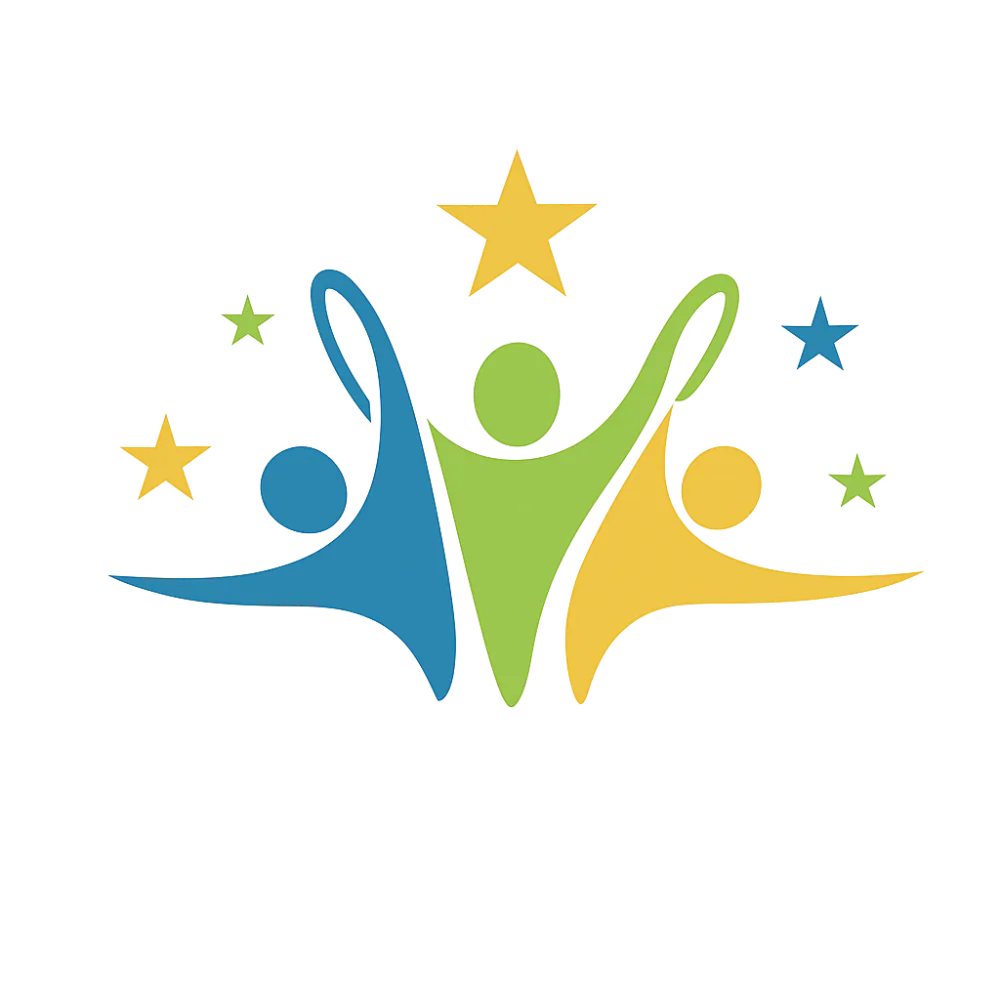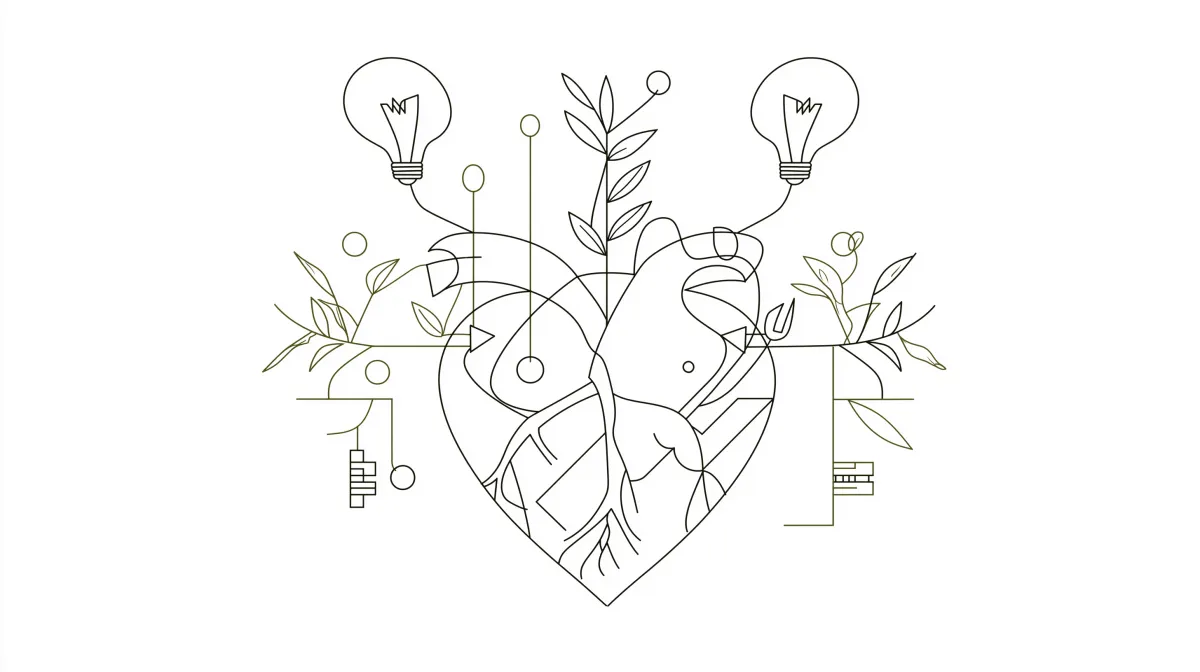Helping Hearts Grow—One Song, One Story, One Soul at a Time.
Meaning, Mindful Living, and Music for All Generations
Holistic healing for adults, uplifting music for children, and resources for living a more connected, compassionate life.
Watch Christina’s Message to You
I believe compassion and creativity can heal the world.
Hey, I'm
Christina Beauchemin!
Resiliency coach/trainer/educator/speaker/author who transformed her own life using the tools and techniques she now shares worldwide.
Neurolinguistics Programming (NLP) certified
Resiliency Coach/Mentor
Certified Sound Practitioner
Award Winning Speaker
Honorary Research Fellow
Amazon #1 Bestselling Author
Musician/ Songwriter
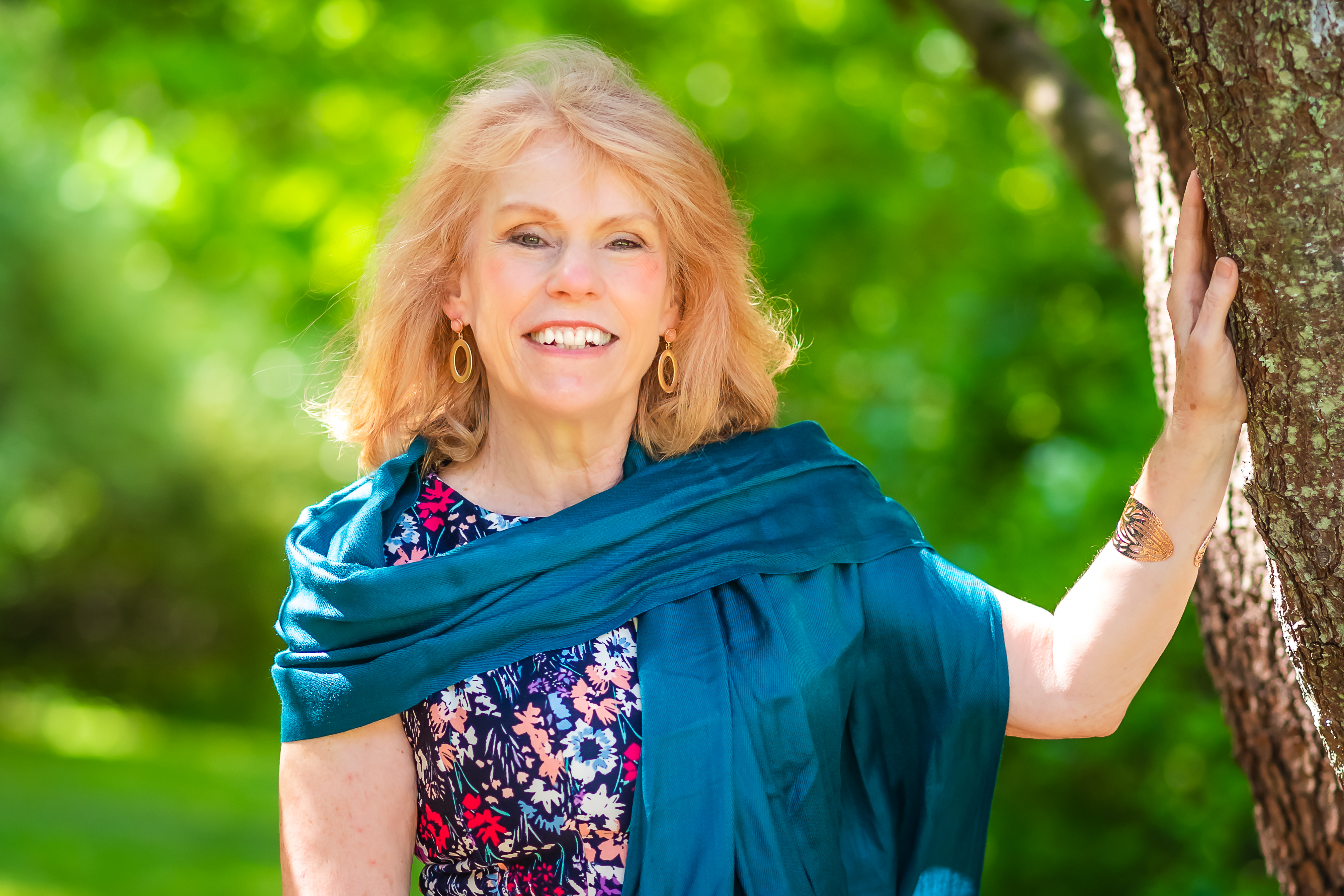

Explore My Work & Passions
Creative tools, heartfelt teaching, and healing programs designed to help you and your family grow with intention.
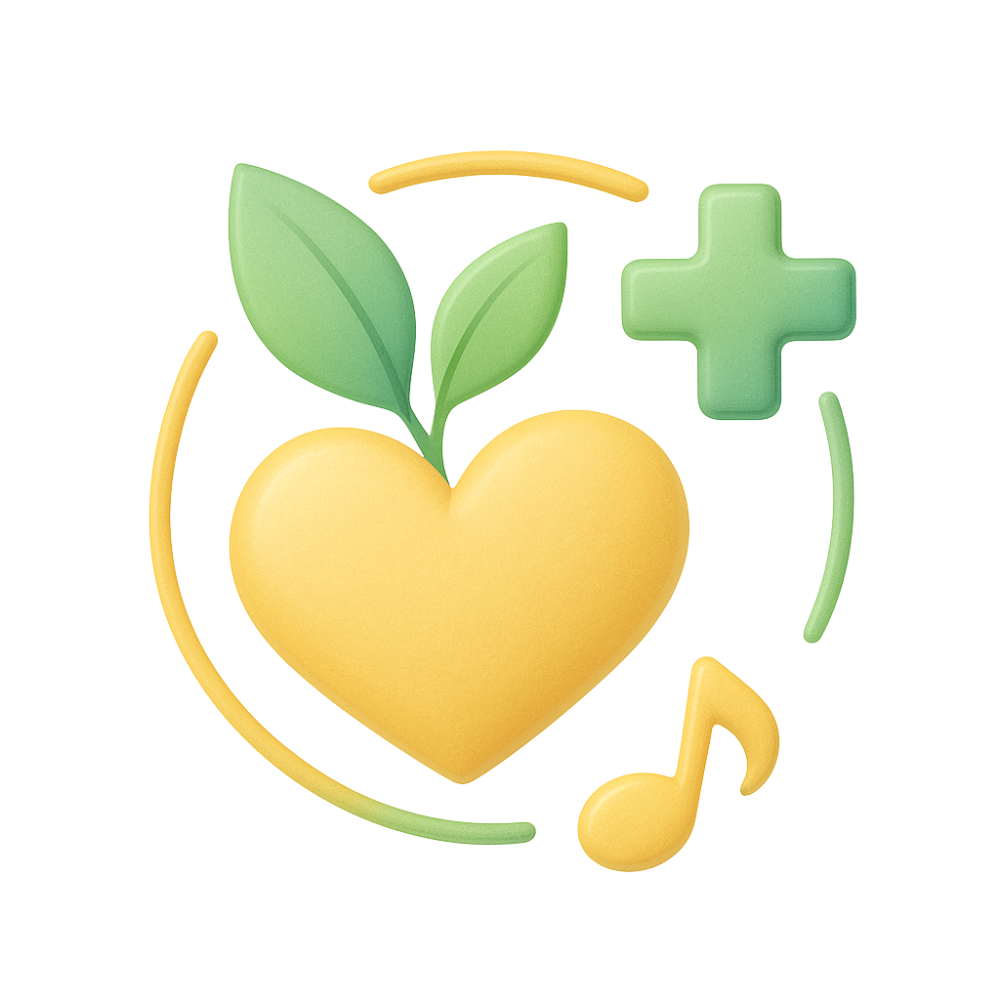
Holistic Healing
Courses, workshops, and resources for self-discovery and healing.
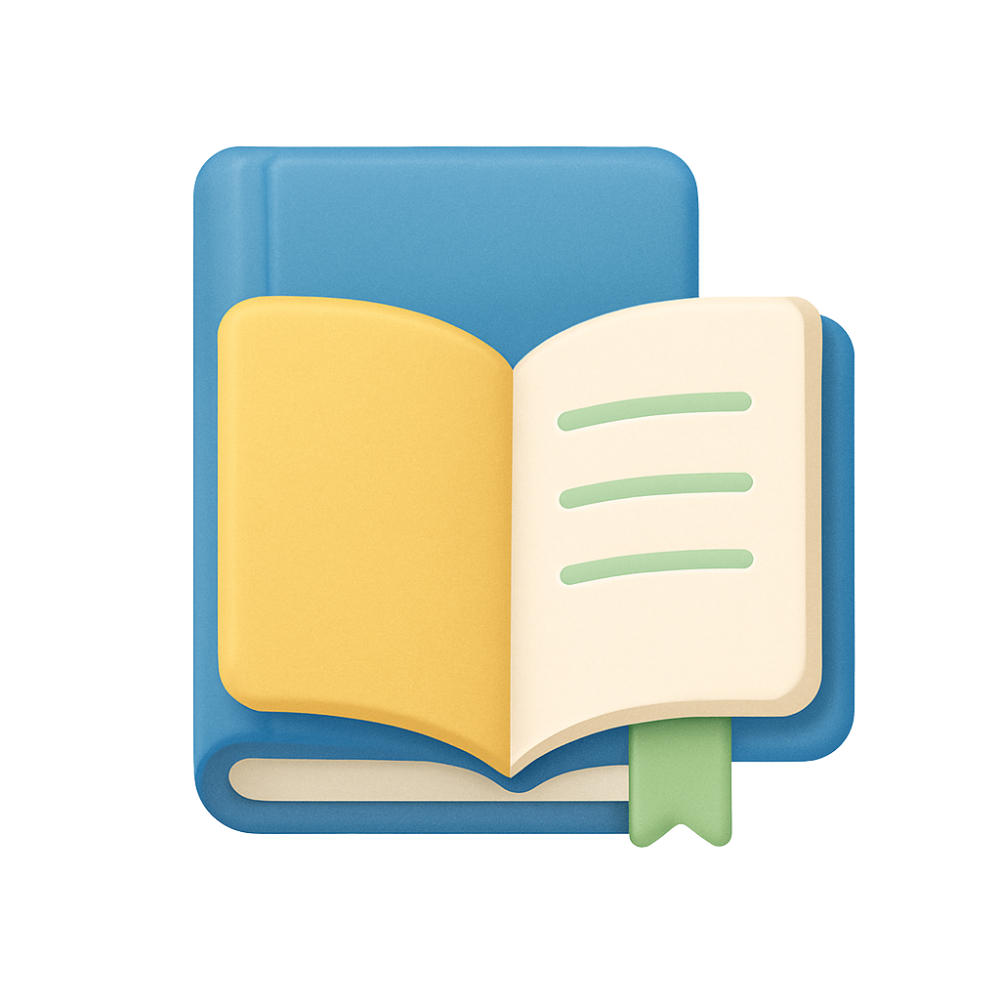
Books & Resources
Tools to inspire emotional balance and purposeful living.

Podcast
Real talk on emotional growth, healing, and living authentically.

The Real Kids
Songs, stories, and music that teach kindness, compassion, and fun.

Holistic Healing
Courses, workshops, and resources for self-discovery and healing.

Books & Resources
Tools to inspire emotional balance and purposeful living.

Podcast
Real talk on emotional growth, healing, and living authentically.

The Real Kids
Songs, stories, and music that teach kindness, compassion, and fun.
Find What Speaks to You
Start Your Journey with a Free Gift
Now Available: The Four Levels of Communication Workbook
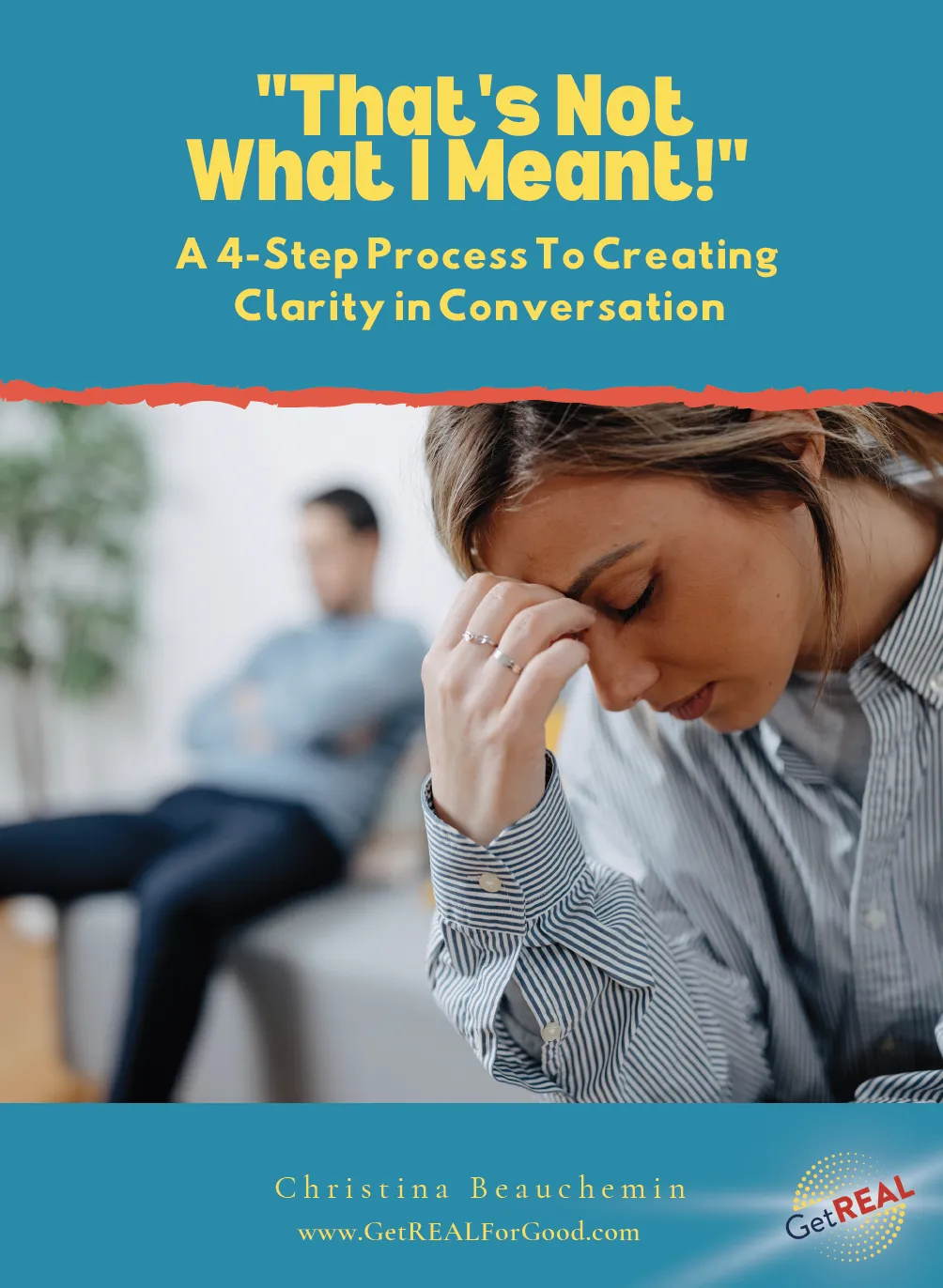
Start Your Journey with a Free Gift
Download Christina’s free guides and resources designed to help you grow with clarity and compassion. Whether you're a parent, teacher, coach, or simply ready to thrive—this is your first step.
Stay Connected and Inspired
Get access to free tools, new music, upcoming events, and inspiration delivered to your inbox.
Website crafted with ❤️ by ResProAI
Copyright 2025. Christina Beauchemin- Get Real For Good. All Rights Reserved.
